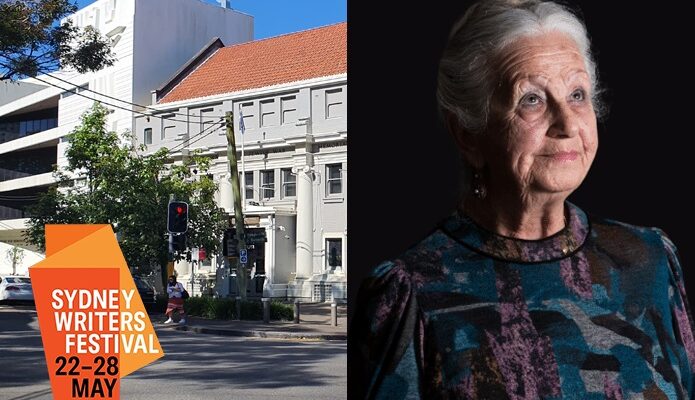While their experiences differ, their stories of bravery, courage, grief, loss, resilience, and hope bring them together. It was noted, too, that the end of the Holocaust didn’t mark the end of survivors’ troubles, grief, and loss.
My walk up to the Sydney Jewish Museum on a weekend afternoon is a quiet one. As I settle into a seat, waiting for the event to begin, I find myself observing the room. It’s an intimate space. There’s a small raised stage, which holds five chairs evenly spaced, and a lectern in the far-right corner. It brings me back, suddenly, to being in primary school, eagerly waiting for someone — teacher, peer, grandparent, parent — to tell me a story.
Of course, the stories that were about to be shared are harder to recount than most. This was touched upon in the opening address, delivered by Sydney Jewish Museum CEO Kevin Sumption, highlighting the value of the written word in preserving the voices and stories of Holocaust survivors: in not forgetting the atrocities Jewish peoples were subjected to during the Holocaust; in remembering, commemorating, and honouring their memories; and in ensuring that such atrocities are never repeated. 90 years on from the Holocaust, with neo-Nazi sentiments and groups on the rise, it’s more important and pertinent than ever that these stories are told, and listened to widely.
On this Sunday afternoon, I had the privilege of listening to the testimonies, and hearing excerpts from the memoirs, of five Holocaust survivors — Richard Haber, Francine Lazarus, Paul Dexter, Lotte Weiss (who passed away in 2021, and whose story was told by her son Johnny), and Olga Horak OAM as part of an event in the Sydney Writers’ Festival.
Read the article by Sandra Kallarakkal in Honi Soit.

